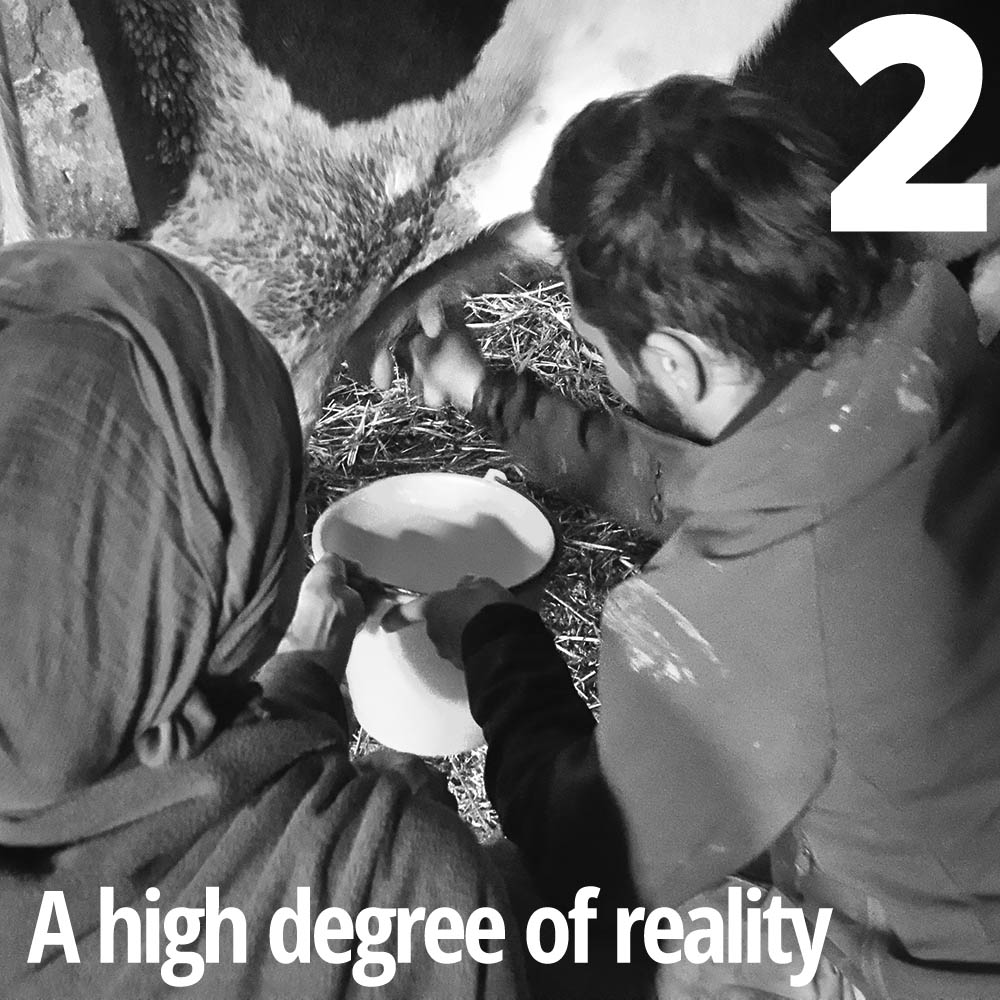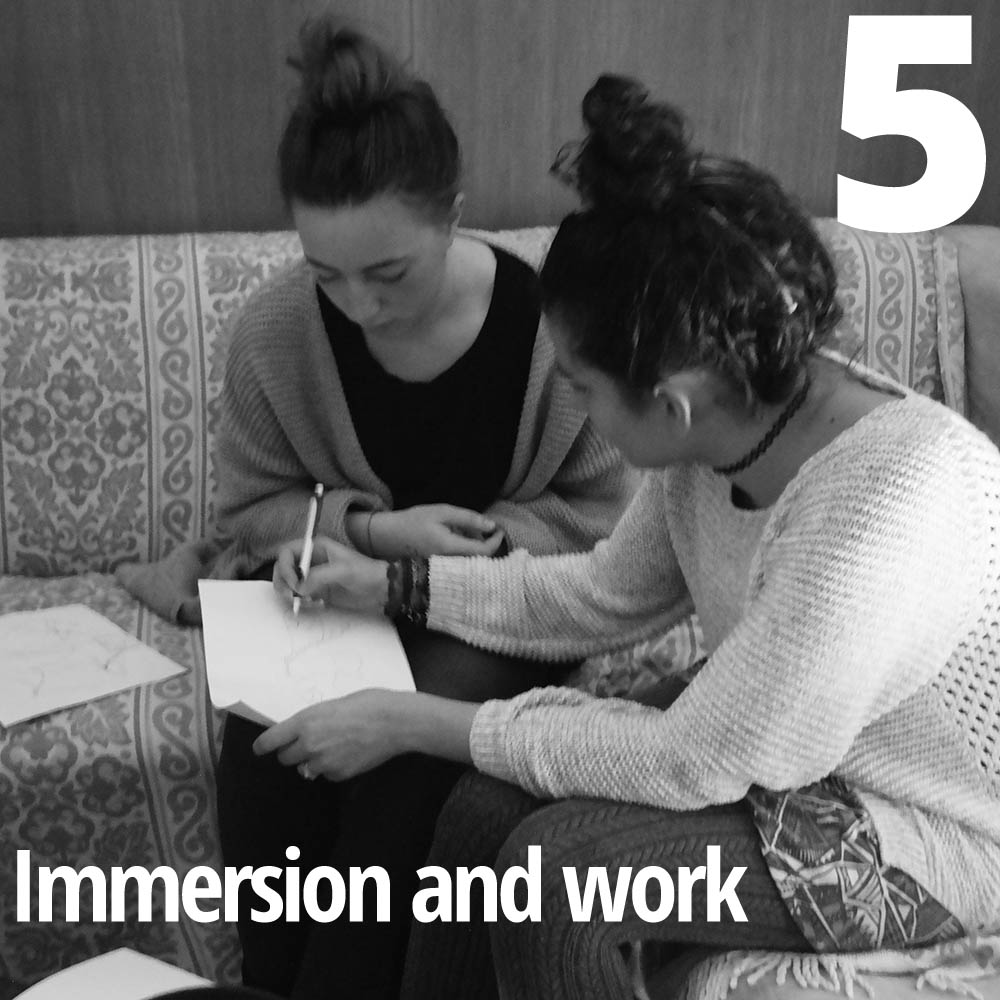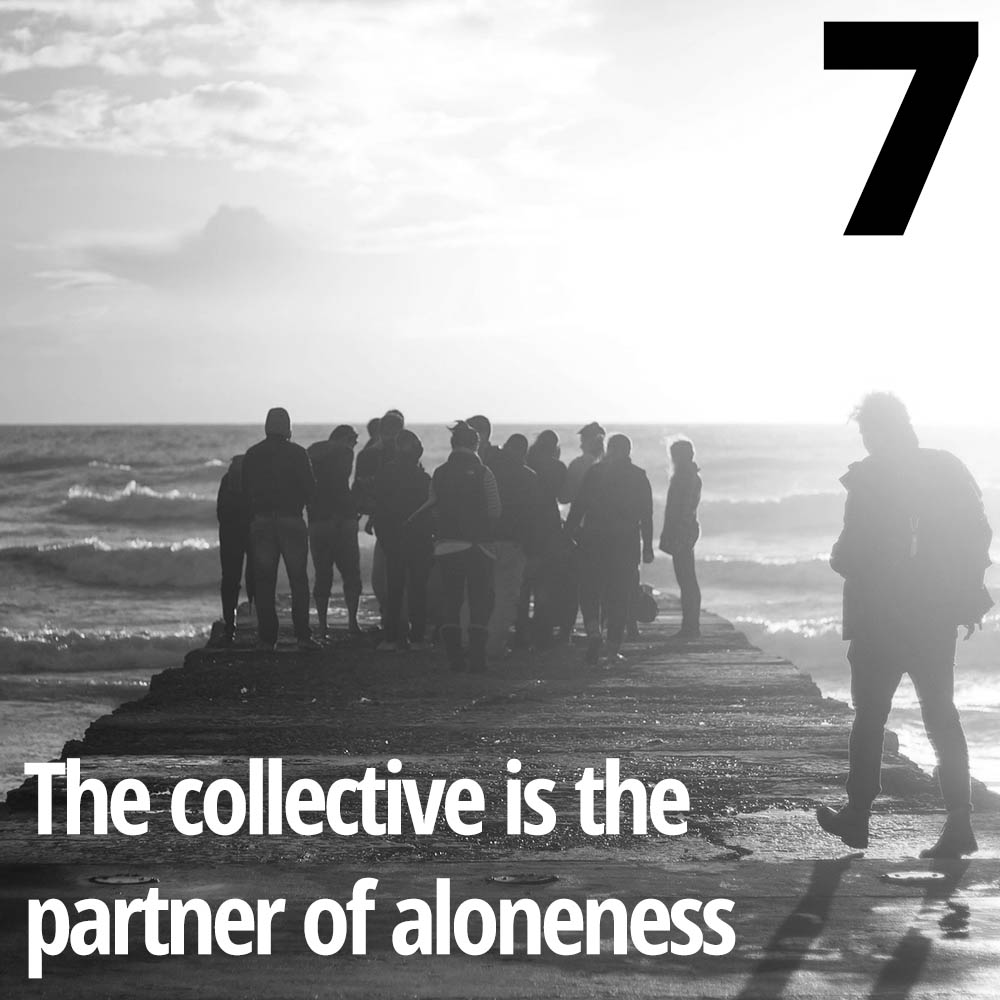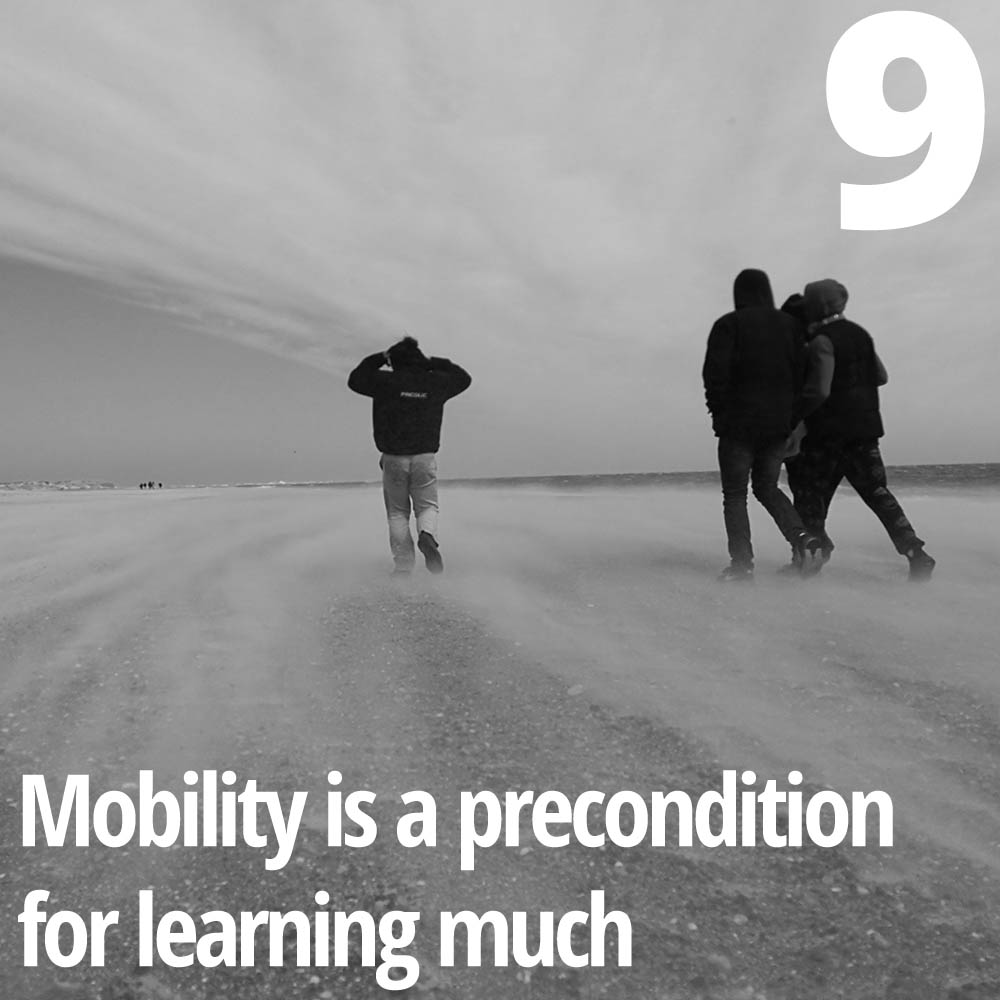Pedagogical Principles
DNS – The Necessary Teacher Training College aspires to be Another Kind of School with relevant content and lucid methods. In the following we shall clarify in brief the pedagogical principles that lie at the heart of the school and run through its everyday of learning and teaching. This is the stuff that trains activist educators.
1. Both theoretical and practical studies
The school’s learning processes comprise both theoretical and practical studies. The school sees this as an absolute necessity for the process of learning and as a first precondition for benefiting from the school’s programme. The theoretical studies are necessary to make the action process more comprehensive. Practical actions help the students acquire the necessary skills and tools to be a successful activist educator.
2. A high degree of reality
The higher the degree of reality of the programme, the more is learned. This means that old and ordinary stuff might be thrown away and substituted with new ways of learning on the spot. Meeting new people and discovering new environments add a higher degree of reality in the learning process. An essential part of learning how to work shoulder to shoulder with people is to understand the reality first-hand.
3. Coherence and overview
Coherence between the situation of the individual student at the school and the situation in developing countries is a necessity. The more coherence with the global situation is present in the school’s teaching, learning and every day, the more overview and understanding is generated within the individual, the student body and in the results of the learning.
4. The programme generates motivation
Motivation is often seen as something coming from the outside. We in contrast see motivation as a product of the meeting between the human being and the outside world, and the need for change and action. Motivation is a structural part of the school’s everyday life, that lets you take in new stuff, try out and experiment with energy and a light head, processing attitudes and sharing exciting titbits of all kinds with your teammates.
5. Immersion and work of the activist educator
Deep mental involvement or immersion in your programme activities will make you demand more immersion. It will ask for deeper learning. Working to make it all happen demands ever more work with the effect of getting deeper into the stuff and the processes. Motivated through the coherent periods of the programmes, realisation and awareness are the result of immersion and work.
6. Self-determination
The background of self-determination is the experience of a group of people who want to solve a task together. Its result is democratic sympathy and creation of own ideas for the good of personal equanimity and the function of the group. The respect for others grows every time you are exercising how to plan and how to act together. Self-determination gives the group new life and energy, and this further strengthens and supports the cooperation.
7. The collective is the partner of aloneness
Collectiveness is a core element of the school. In our edition, collectiveness is not a modern, smart form of behaviour that will quickly go away. We seek it not because we might as well do so, but because we cannot do without it. Working in groups is an essential part of the learning. Alone the world changes you. Together we change the world. The collective cannot exist healthily and creatively if it is not always confirmed by a necessity of an outwardly directed character.
8. Liberation through coherence of conception and action
In the school’s structure and programme, you find a thousand possibilities of practicing the direct path from imagination to action through dialectical processes. Imagination is a main precondition for new action. Sometimes conceptions might be stored for a later occasion when time allows, but the structure of the school does not block the wished-for connection between imagination and action.
9. Mobility is a precondition for learning much
In all schools, students of any age must move beyond the premises of the school, meeting real life and people, getting engaged through moving and interacting with the phenomena and reality of environment and people. From one point, one cannot see very far. We need to be mobile to generate the necessary learning.
10. Knowledge is a precondition for accomplished experience. Integrate the teacher
Experiences, contrary to other schools, are an essential part of the program. Knowledge is a precondition for experience. This demands that the teacher is integrated in the teaching and learning processes, taking part as an activist educator. Learning of a subject matter cannot be separated from the conditions in which it takes place.





